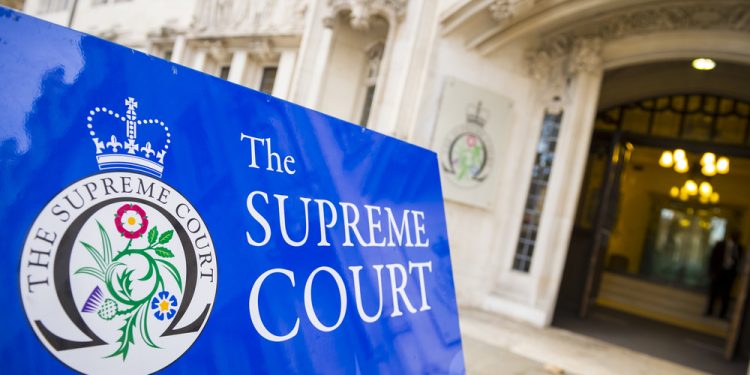In a landmark ruling the Supreme Court has prevented Barnardo’s pension scheme from switching the inflation measure used to uprate annual pensions.
The children’s charity Barnardo’s currently uprates pensions in line with the Retail Prices Index (RPI). But the sponsoring charity had been looking to switch this to the Consumer Price Index (CPI) to help plug the deficit on this DB scheme.
In a unanimous decision the Supreme Court dismissed this appeal on the grounds that this switch was not possible under the scheme’s rules. This upholds an earlier ruling by the Court of Appeal made in 2016.
This long-running legal dispute has been closely watched by many in the pensions industry, particularly other DB schemes.
Legal argument had centred on whether the newer CPI index was a “replacement index”.
However, while this judgement prevents Barnado’s making this switch, the fact that the ruling related to the specific scheme rules may open the door to other DB pensions being able to make similar changes, depending on the specific rules of their schemes.
Quilter’s head of retirement policy Jon Greer says: “Barnardo’s argued the use of RPI in uprating pensions in payment diminish funds available for its charitable projects. However, the judgment holds fast that rules for the indexation of pension payments are hard baked into the scheme with no leeway for amendment.”
He adds: “The government had proposed allowing a shift in calculation as part of their review of DB schemes but has opted against it, perhaps fearing the backlash of millions of DB pension holders.”
The trustees in the case were represented by law firm Stephenson Harwood. The firm’s partner Philip Goodchild says: ”This judgment confirms that trustees and employers must be very cautious when considering a change of index and the powers of trustees, and rules governing schemes, should be thoroughly assessed before any changes made.”
According to its accounts the Barnardo’s DB pension scheme has a funding shortfall in excess of £100m. In 2017 the charity paid £18m towards its pension schemes. Around 60 per cent of this went into its now closed DB scheme.





